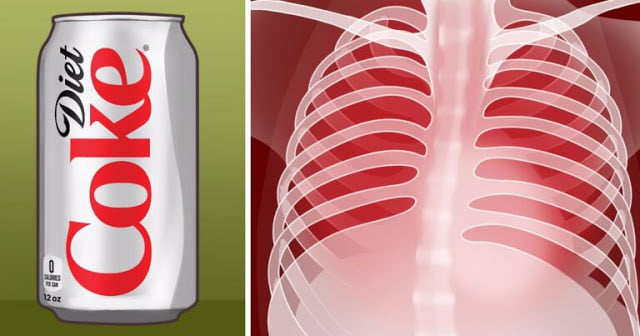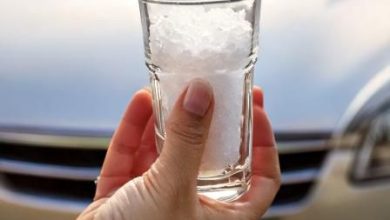This Is What Can Happen To Your Body If You Drink Diet Soda

When you’re in need of a caffeinated pick-me-up to jumpstart your day, the allure of reaching for a diet soft drink might seem like a healthy alternative to coffee or sugary beverages. Diet soda boasts zero calories and offers an affordable and tasty source of caffeine. However, the consequences of its consumption are more significant than meets the eye. From headaches to cravings and mood swings, the effects of frequent diet soda intake can be quite serious. This article delves into the health risks associated with diet sodas, shedding light on facts that may prompt you to reconsider your favorite beverage.
Diet Soda and Skin Woes: Unmasking the Culprit
While it may not be greasy or sugary, diet soda is among the food and beverage items that can trigger skin breakouts. If you struggle with dry skin, you might want to contemplate swapping your diet soda for a refreshing glass of water or a soothing cup of tea.
The Link Between Diet Soda and Depression: An Eye-Opening Study
In 2013, a study conducted by the National Institutes of Health uncovered a concerning association between diet soda consumption and a higher likelihood of being diagnosed with depression.
Diet Soda and Bone Density: A Disturbing Connection
A study from 2006 reached a disconcerting conclusion: women who regularly consumed diet soda exhibited significantly lower bone mineral density compared to those who abstained. Reduced bone mineral density can pave the way for osteoporosis, a debilitating condition that renders bones fragile and weak.
Diet Soda and Gut Health: The Alarming Effects
Optimal gut health is crucial for a well-functioning digestive system. A healthy digestive system, in turn, facilitates effective food digestion. Research suggests that the artificial sweeteners present in diet soda may alter the composition and function of the bacteria in your gut microbiome.
The Hidden Dangers of Diet Soda: Metabolic Syndrome and Diabetes
In a 2016 study published by the Canadian Journal of Science, it was revealed that aspartame, the artificial sweetener found in many diet soft drinks, inhibits the activity of specific enzymes in your gut. Low enzyme levels can contribute to metabolic syndrome, a cluster of conditions associated with weight fluctuations, heart disease, stroke, and even death. Diet soda elevates the risk of developing metabolic syndrome by over 30%, as affirmed by a study published by the American Diabetes Association, and is also linked to an increased risk of developing type 2 diabetes.
In conclusion, while diet soda may appear to be a guilt-free indulgence, it carries hidden health risks that are worth considering. Replacing it with healthier beverage options or reducing its consumption may contribute to your overall well-being and long-term health.




